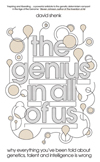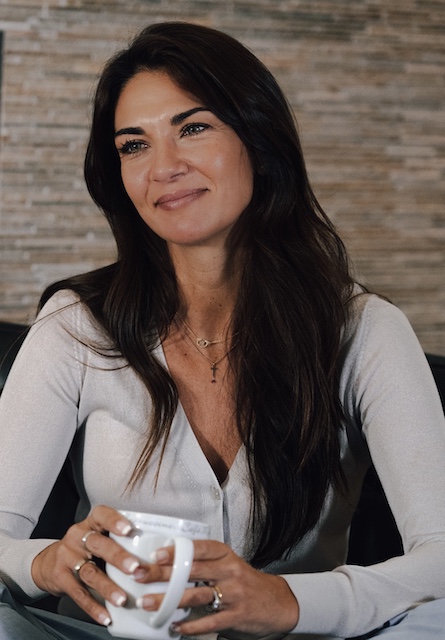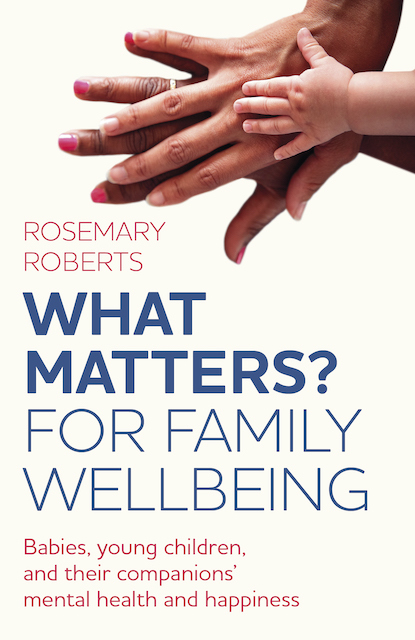 According to one of the chapters in David Shenk's fascinating and well-researched book, The Genius In All Of Us, we are not just the product of our genes but also of our environment and parents play a pivotal role in how their offspring fare in life. Shenk expains that there are four key guideposts to helping our children towards excellence*:
According to one of the chapters in David Shenk's fascinating and well-researched book, The Genius In All Of Us, we are not just the product of our genes but also of our environment and parents play a pivotal role in how their offspring fare in life. Shenk expains that there are four key guideposts to helping our children towards excellence*:- Believe that each child has enormous potential and it is up to us to use whatever resources we have to exploit that potential.
- Support but don't smother – a parent must set limits and high expectations but not use affection as a reward for success or lack of it as a punishment for failure.
- Persistence and self-discipline can be encouraged by demonstrating self-control yourself and giving children the chance to practice this by not giving in to their every plea so they learn to deal with frustration and want.
- Embrace failure – parents are not supposed to make things easier for children, they are supposed to present, monitor and modulate challenges.
* Adapted from Chapter Eight: How to Ruin (or Inspire) a Kid
Published by Icon Books, The Genius in All of Us: Why Everything You've Been Told About Genes, Talent and Intelligence is Wrong


